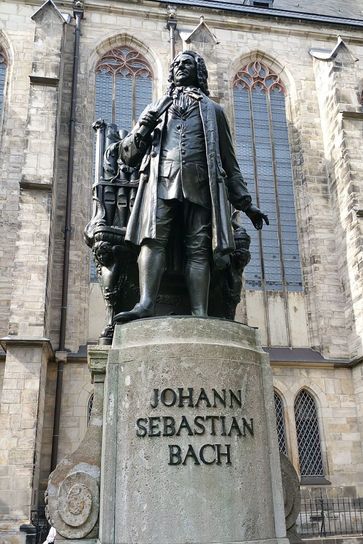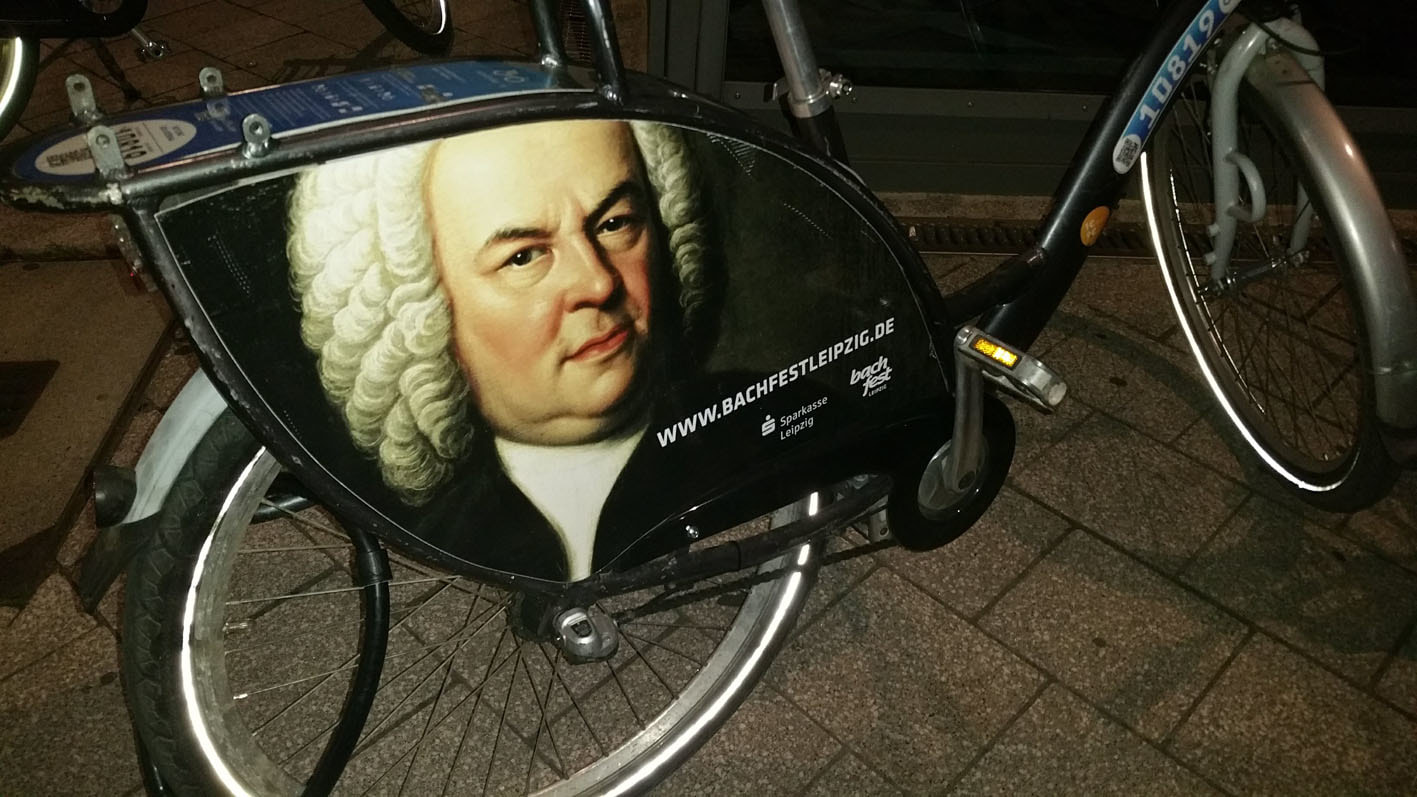 Bayreuth has Wagner and Leipzig has Bach. Two cities and two composers who mark for me, among many other things, the beginning and the end of the summer of 2018. This summer starts for me at BachFest in Leipzig, a more than appropriate start, and ends, at the end of August, with Parsifal in Bayreuth. From the Cantor of Leipzig, who is perhaps the most important point of reference in Western music, to the Sorcerer of Bayreuth with his self-declared music of the future. One can regard the music of Johann Sebastian Bach as a construction kit, used by many, if not all, who came after him. (Of the composers who have not been influenced by Bach, I cannot in any case mention one.) More than 250 years after his death, Bach follows in the footsteps of time. At the festival that bears his name, an app keeps me up to date with last-minute offers, programme highlights and news I shouldn't miss. In Bach-Archive you can learn about Bach's life, his family background, his working method and the research into his manuscripts. The composer who spent the last 27 years of his life in Leipzig, buried here in the Thomaskirche - although there are doubts about the true identity of the skeleton that lies beneath the floor of the church - now belongs to everyone. (With special thanks to Felix Mendelssohn, also a resident of Leipzig, who turned Bach's music into repertoire for the concert hall in the first half of the 19th century.) His music can be heard on the market square, within easy reach of a beer and a Kalbsschnitzel, and in the opera house where his Johannes Passion is paired with contemporary dance. In his time Bach often received criticism on his music, which was supposed to be old-fashioned and unnecessarily complicated. That old-fashioned and unnecessarily complicated music has turned out to be astonishingly timeless. Whether it sounds in historically informed performances on a harpsichord by Gustav Leonardt or is shredded on the fretboard of an electric guitar by Yngwie Malmsteen. Bach's music is, a comparison with literature is unavoidable, a story that is bigger than the story itself. Widely interpretable, rich and fascinating enough to return to again and again - from the Wagnerian (Mahlerian) late-Romantic version of the St. Matthew Passion by Willem Mengelberg to the historical informed performance of the Johannes Passion by Masaaki Suzuki. It is music that has been resistant to rapidly changing trends. There is something reassuring in the fact that there are things from the past that can be rediscovered, every generation again. In a world where everything is changing, it is good that some things don't. They provide a certain grounding, as a possible threshold against alienation. Bach's music is like a massage for the brain - an encounter with someone, or something, of superior intelligence From my own first meeting with Bach's music, I remember an animated tv-series in which the Toccata & Fugue in D minor was used as soundtrack. Even before I knew the composer by name, I heard his music introducing a cartoon about the history of mankind. Once upon a time ... I was introduced to the divine notes of a Bach score and the sound of a church organ. I heard organ sounds drawing an impressive cathedral of sound. Even before I knew anything about music theory and its terminology, I got my mind enlightened by refined counterpoint. Bach's music is like a massage for the brain - an encounter with someone, or something, of superior intelligence. The art of sound in which - despite all the math that lies under Canons and Fugues - you'll always end up with the genius of the composer. For although Bach's music may be there for those who find comfort in structure, it is the brilliant spirit of Leipzig's most famous cantor that prevents his music from being reduced to a mere mathematical model in which artificial intelligence can take over a composer's job. - Wouter de Moor For BACH/BLOG see also:
0 Comments
Leave a Reply. |
TIMELINE
July 2024
|


 RSS Feed
RSS Feed